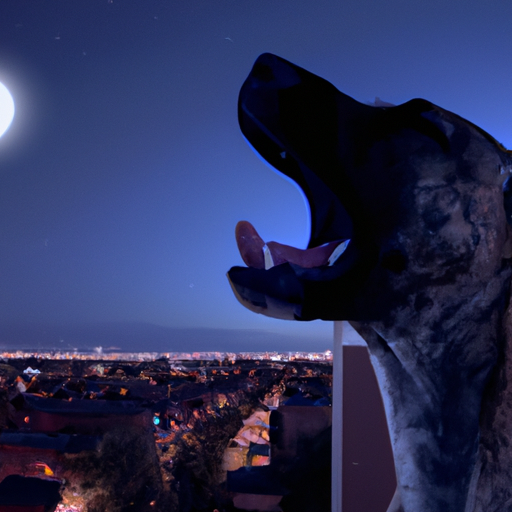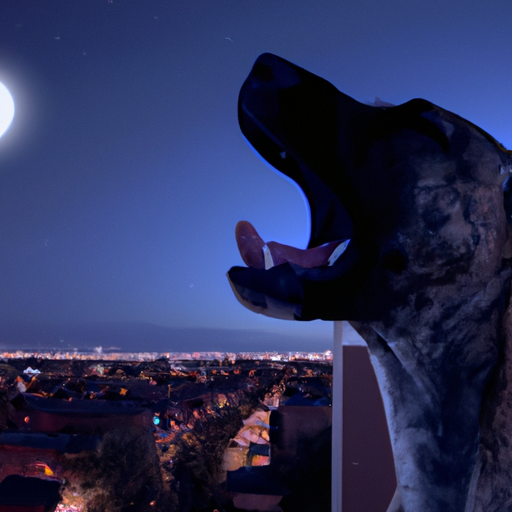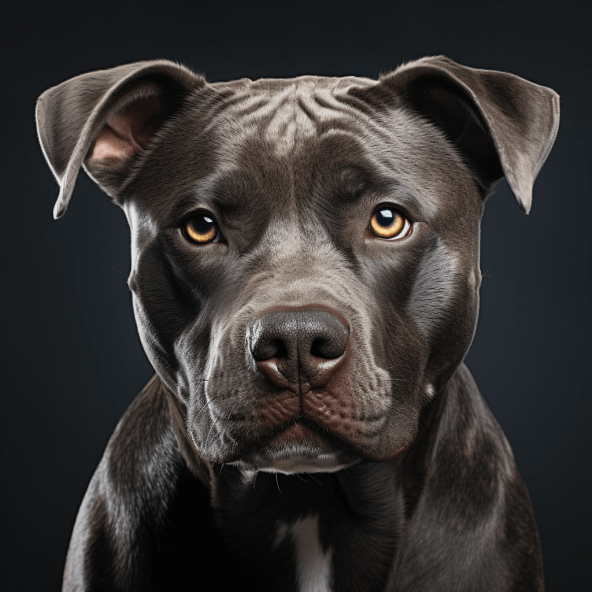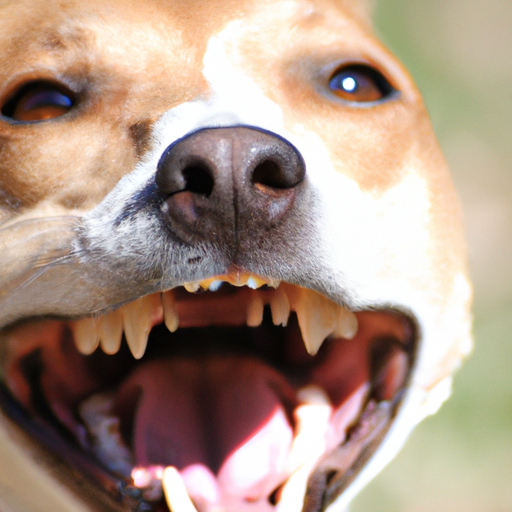Why Do Dogs Howl?
Ever wondered why dogs howl? In this article, we’re going to unpack that intriguing behavior. You’ll unravel the various reasons behind this interesting canine communication and understand why your furry friend exhibits this instinctive action. Let’s get started!
Understanding Canine Communication
As a dog owner, you’re probably used to your pet’s occasional barks and whines, but what about howls?
Basic Forms of Canine Communication
Dogs, much like humans, use several forms of communication. They primarily rely on body language, scent marking, and noises to communicate. Barking, growling, whining, yelping, and howling are all part of a dog’s extensive vocal repertoire.
The Significance of Vocalization in Dogs
Among these vocalizations, the howl has a unique significance. Unlike other forms of dog vocalization, howling often has a more specific communication purpose that relates to the dog’s environment, emotional state, or the presence of other dogs.
Differences in Vocalization Among Different Breeds
All dogs can howl, but some breeds are more likely to howl than others. Huskies, Alaskan Malamutes, and other breeds descended from wolves can be especially vocal.
Dog Howling: A Primitive Form of Communication
Howling is a primitive form of communication that has its roots in the dog’s wild ancestors.
Howling as an Instinctual Behavior
Why do dogs howl? It’s an instinctual behavior that’s permeated from their wild ancestors, wolves. Wolves use howling as a form of long-distance communication, conveying a range of messages including the size, strength, and location of their pack to other packs.
Howling in Wild Dogs Vs Domestic Dogs
Domestic dogs have retained the instinctual urge to howl, although they often do so for different reasons compared to their wild counterparts. For example, your beloved pet might howl in response to their favorite song on the radio.
Role of Howling in Pack Dynamics
Howling plays a significant role in pack dynamics. In the wild, it can signal a pack’s presence to other dogs. For domestic dogs, howling can also create a sense of camaraderie with their human family or other pets in the homes.

Interpreting Dog Howls
Understanding why your dog is howling can help you address their needs and ensure they’re happy and comfortable.
Different Types of Dog Howls
Just as human voices vary, dog howls can take on many forms. Some howls are high-pitched and prolonged, while others might be muffled and short. The different types can signify a variety of states and messages.
Emotional States Expressed Through Howling
Howling can communicate a range of emotions. It might signal that your dog is lonely, stressed, or excited. By paying attention to the context and type of howl, you can gain insights into your pooch’s emotional state.
The Use of Howling for Long-Distance Communication
Just like wolves, domestic dogs might use howling for long-distance communication. If a dog hears a distant siren, it might howl in response.
The Role of Genetics in Dog Howling
The tendency to howl can be attributed to genetics to a certain extent.
Breed-Specific Tendencies for Howling
Certain breeds have a greater predisposition for howling. This tendency can help you understand why your dog howls.
Hereditary Factors Influencing Canine Vocalization
Genetic factors passed down from a dog’s ancestors can influence your dog’s vocalization habits, including howling.
Examining the Wolf Ancestry Connection
Dogs descended from certain types of wolves may have an increased tendency to howle. Understanding your dog’s specific breed and ancestry can be insightful.

Common Triggers for Dog Howling
Understanding the triggers can help if you’re trying to manage or curb your dog’s howling.
Howling in Response to Specific Sounds
Dogs can howl in response to certain sounds, such as sirens, music, or the howls of other dogs.
Howling as a Reaction to Separation and Stress
Some dogs howl when they’re stressed or upset, such as when they’re left alone for too long.
Underlying Health Issues Causing Excessive Howling
If your dog suddenly starts howling more than usual, it could be a sign of an underlying medical problem. As a responsible owner, make sure to have your canine friend examined by a vet.
Dog Howling as a Behavioral Issue
Sometimes, howling can be linked to behavioral issues that need to be addressed.
Howling as a Symptom of Underlying Anxiety
If your dog seems anxious and is howling excessively, you might need to consult with an animal behaviorist or a vet for potential ways to manage this.
Howling as a Manifestation of Attention-Seeking Behavior
Your dog might also howl to get your attention. Providing alternate ways to interact can help reduce these attention-seeking howls.
Strategies to Manage and Correct Excessive Howling
Strategies for managing howling focus on addressing the root cause of the behavior. This could involve training your dog not to howl at triggers or providing toys and activities to prevent boredom and loneliness.
Conclusion: Understanding and Responding to Dog Howls
Understanding why dogs howl can strengthen the bond between you and your pet. It’s important to try and understand the underlying message they’re trying to convey. Their howl could be a simple response to a sound, a form of communication with other dogs, or a symptom of a more profound issue such as separation anxiety or medical problems. Whatever the reason, knowing why your dog howls can provide valuable insights into their needs, behaviors, and overall well-being.







